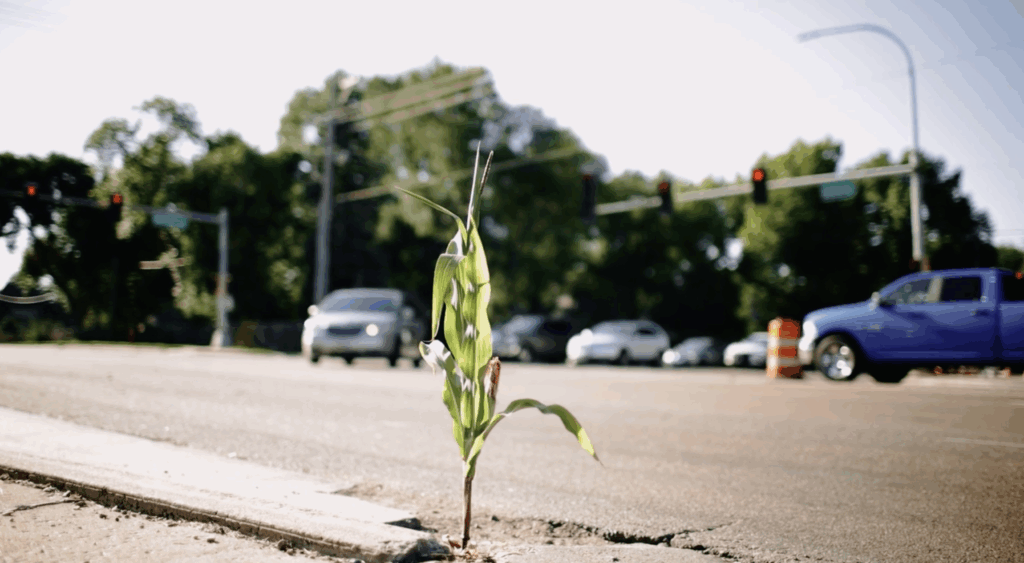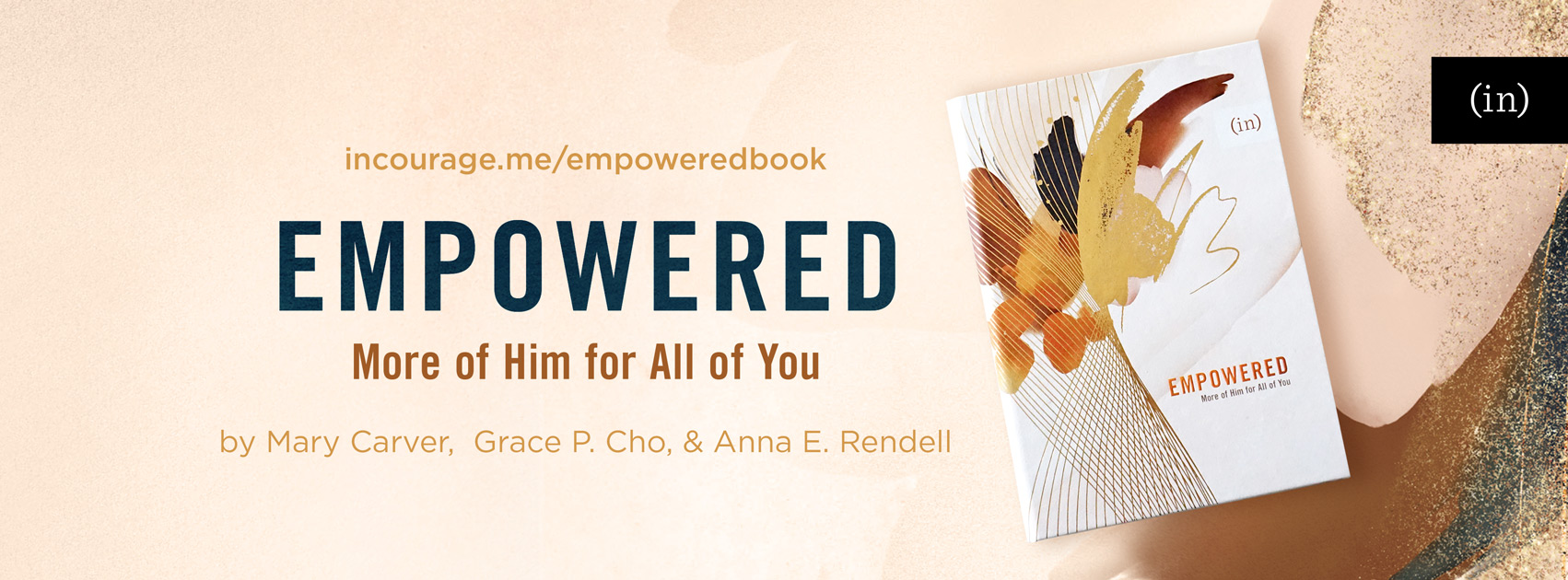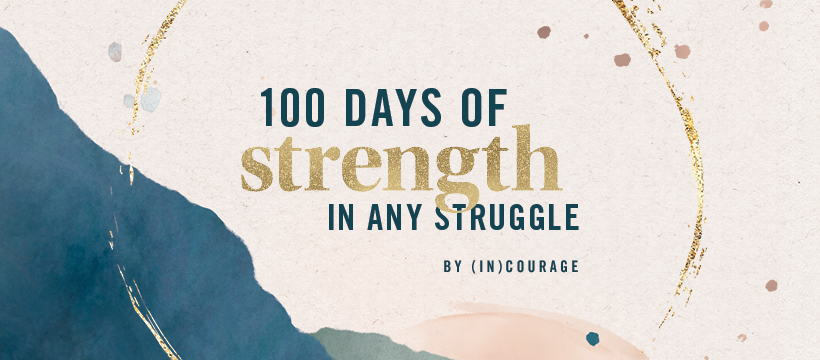When five besties are coordinating busy schedules, finding a date everyone can get together is tricky. But friendship is always worth the effort, and we were downright giddy to be celebrating not one but two of our group members’ birthdays. No one even cared that our party was a month late.
We planned an unhurried dinner at one of our homes, which allowed us plenty of space and privacy. It was the perfect decision. While a delicious meal is something to look forward to, we were hungrier for catching up and conversation.
Eventually we got to the hard stuff.
One of our five was swirling in multiple layers of heartache, and the “flaming arrows of the evil one” were many and mean (Ephesians 6:16b NASB). This precious friend loves and serves Jesus, but in this season, she was really struggling — and hurting all the more because people she loves were also hurting. She wasn’t wrestling with unbelief or doubt, but with the kind of despair and ugliness that can creep into heart and mind when life isn’t fair.
Sometimes, even people with a vibrant faith grow weary from holding their shield of faith (Ephesians 6:10-17 NASB).
We listened as she shared hurt upon hurt. We allowed her freedom, without judgment, to be honest about her feelings. And we felt her pain as our own.
We also saw her humanity, the natural way a heart responds when it’s wounded, because we’ve all been there. I can’t imagine anyone who hasn’t battled anger, bitterness, resentment, or jealousy when life doubles down on unfairness. We may hate those feelings – and even resist them – but they’re part and parcel of being human in a broken world.
In the middle of a mess, friendship can be a lifeline pointing you back to Jesus. Not trying to fix or minimize our friend’s circumstances, we offered our encouragement and insight. As the others spoke, an image began to form in my mind that had nothing to do with our conversation. I’m not prone to “visions;” in fact, I don’t remember ever having one before. But when there was a pause in the conversation, I blurted it out in one rambly sentence —
“A very specific picture came to mind as you were talking, and even though it feels weird to me since I don’t exactly have ‘visions,’ my heart is beating fast and I feel like the Holy Spirit is urging me to share what I see: The image of a meat mallet pounding the heck out of a tough cut of meat.”
It’s not like I have a lot of experience tenderizing meat. The only thing I use my mallet for is to flatten boneless chicken, crush graham crackers for piecrusts, and when I made schnitzel the year we lived in Germany. But that’s what my vision was, and I saw it as a rich, albeit surprising, metaphor for faith and what my friend was going through.
It helps to understand the purposes of a meat mallet first:
- To tenderize tough cuts by breaking down tough muscle fibers and connective tissues, making them easier to chew.
- To even the thickness to make sure thinner parts aren’t overcooked and thicker parts don’t remain undercooked.
- To improve the absorption of marinades, seasonings, or sauces.
How is this accomplished?
- The mechanical force disrupts the protein structure, physically breaking apart the long muscle fibers that cause toughness.
- The connective tissues (like collagen) get partially ruptured, which helps the meat become more pliable when cooked.
Because the meat is more tender, evenly cooked, and flavorful, it is better than before.
Difficult circumstances were a “meat mallet” to my friend, breaking her heart, disrupting her life, and rupturing her dreams and those of people she loves. The situation had been going on for months, it didn’t make sense, and she couldn’t see beyond the resulting pain. Even though she believed God had a plan, in the middle of this trial, her humanity was exposed. Her emotions were understandable given the circumstances — and were impossible to escape.
I bet most of us have been there with our own version of meat mallet circumstances that break hearts, disrupt plans, and destroy dreams.
What is helpful to me in seasons where I’m wrestling with my humanity is to remember that I have an enemy who is always and only against me. Spiritual warfare.
“For our struggle is not against flesh and blood, but against the rulers, against the authorities, against the powers of this dark world and against the spiritual forces of evil in the heavenly realms.” Ephesians 6:12 NIV
My friend is stepping into a new role in women’s ministry; that night, using the meat mallet metaphor, I could see a big ol’ target on her back. The “power of this dark world” doesn’t want God to be magnified in her life or for her to impact hundreds of women on a weekly basis. Satan will fire a million “flaming arrows” at those who love and serve God and want to make much of Him.
Not just at my friend, but at you and me, too.
One of the most wonderful truths when we’re under spiritual attack is to remember an applicable lesson from Genesis 50:20 (NIV). Though an enemy intends to harm us, God is using those same circumstances for good.
In the midst of my friend’s brokenness, her heart was made tender, fertile ground for the Spirit to accomplish hard and holy work. In God’s economy, nothing is wasted. I can already see how God will use her experience to encourage others who will walk through similar circumstances. This experience, a refining fire, is making her better.
When life is unfair, and you feel like the world is pounding you to pieces, it might help to think about a meat mallet. What is so painful in the moment produces something better than before.
And that is something to chew on for a while.




